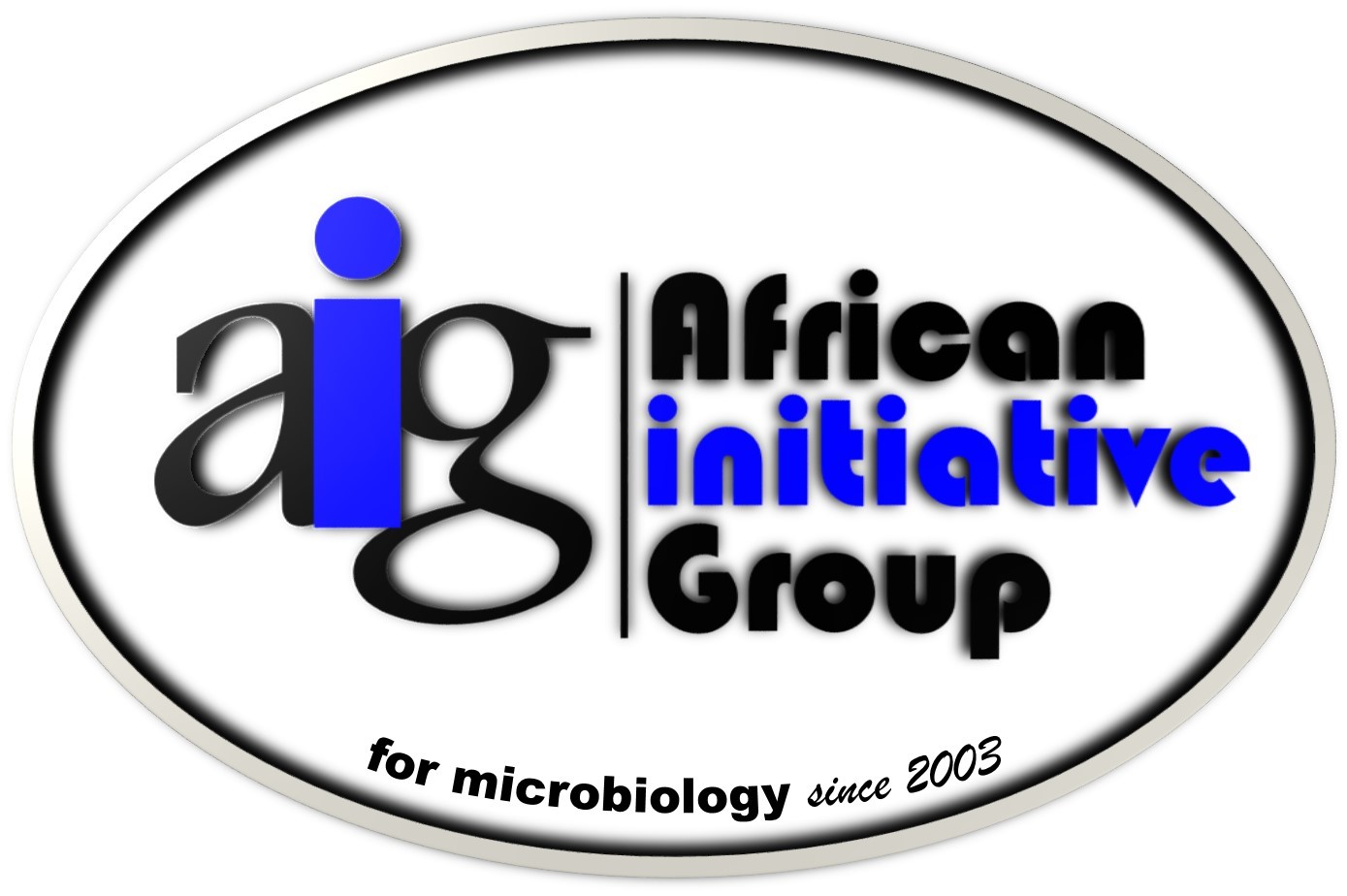In charge of the national reference center for HIV, viral hepatitis, and Sexually Transmitted Diseases (STDs) (since 2015)
- Focal person for antimicrobial resistance (AMR) of Togo and the head of national AMR surveillance laboratory since 2019.
- Chief of the medical laboratory services of the University Teaching Hospital, Campus of Lomé (since June 2018).
- Associate Professor (November 2016 – October 2020).
- Assistant Professor of bacteriology and virology at the health Science Faculty of University of Lomé (2008-2012)
- Medical bacteriologist and virologist at the university teaching hospital Sylvanus OLYMPIO [CHU SO] of Lomé-Togo. (2005)
- Assistant Professor of Immunology from 2001 to 2005 at the Faculty of Pharmacy of the Université Cocody in Abidjan (Côte d’Ivoire)
EDUCATION
- Doctor of Philosophy (Ph. D) in Virology at University of Lomé and University of Montpellier, France in Apr 2016.
- His thesis work was dedicated to HIV infection namely early infant HIV infection diagnosis and HIV drug resistance assessment in People living with HIV (PLWHIV) under Anti-retroviral therapy (ART)
- PharmD, 2000 and medical biology diploma:1998-2001), University of Cocody known nowadays as Université Félix Houphouet-Boigny in Abidjan (Côte d’Ivoire)
FOCUS OF ACADEMIC RESEARCH:
Assessment of the antibacterial activity of plants belonging to the Togolese flora.
In search of alternatives to conventional antibiotics, Dr. SALOU and his colleagues have identified plants traditionally used to treat infections in Togo. For their evaluation, they selected corn beard (Zea mays), seeds of papaya fruit (Carica papaya), leaves of Ocimmum gratissimum (Lamiaceae) and leaves of Newbouldia leavis (Bignoniaceae). The hydroethanolic extracts or the aqueous extracts of these plants have demonstrated an antibacterial activity on bacteria. Ocimmun gratissimum considered in the Togolese popular consciousness as “a natural antibiotic” has proved to be very interesting with an antibacterial bactericidal activity on clinical isolates of multidrug-resistant strains such Escherichia coli (E. coli) producing extended spectrum beta-lactamase (ESBL) or Methicillin-resistant Staphylococcus aureus (MRSA).
Molecular Diagnosis and the assessment of risk neonatal infections: Early use of the polymerase chain reaction (PCR) and its importance tool for the early diagnosis of neonatal infections in Togo.
Antiretroviral Drugs Resistance: they studied of the non-nucleoside reverse transcriptase inhibitors (NNRTIs): Nevirapine, Efavirenz, and Etravirine. Their results showed high resistance to Nevirapine, Efavirenz and low resistance to Etravirine which is not available in Togo.
Mutations Studies: the most frequently mutations found after analysis of the pol gene are for the class of nucleoside reverse transcriptase inhibitors (NRTIs) were methionine replacing valine at position 184 in reverse transcriptase (M184V) and Thymidine Analog Mutations (TAMs) (like M41L, T215Y mutations). The study of the of NNRTIs, K103N and Y181C.
At the phylogenetic level, their work has enabled the study of the genetic diversity of HIV-1 in Togo. They observed a prevalence of circulating recombinant forms (CRFs) CRF02_AG greater than 50% and a rate of unique recombinant form (URFs) at 18%.
Human immunodeficiency viruses (HIV) infection and co-morbidities; HIV infection is associated with other infections such as that caused by the hepatitis B virus, tuberculosis. Dr. SALOU and colleagues recommend the strengthening of prevention in populations at risk, access to virological tests, the screening and treatment of co-morbidities and the use of molecular tests for the diagnosis of tuberculosis.
Antimicrobial resistance: Their study revealed that the antibiotics of the beta-lactam family were the most prescribed in all the centers in Togo followed by quinolones. Their recommendations are to set up in each hospital, a committee for the proper use of antibiotics and the improved access to bacteriological examinations to help correct prescription, thus avoiding a high percentage of probabilistic antibiotics
